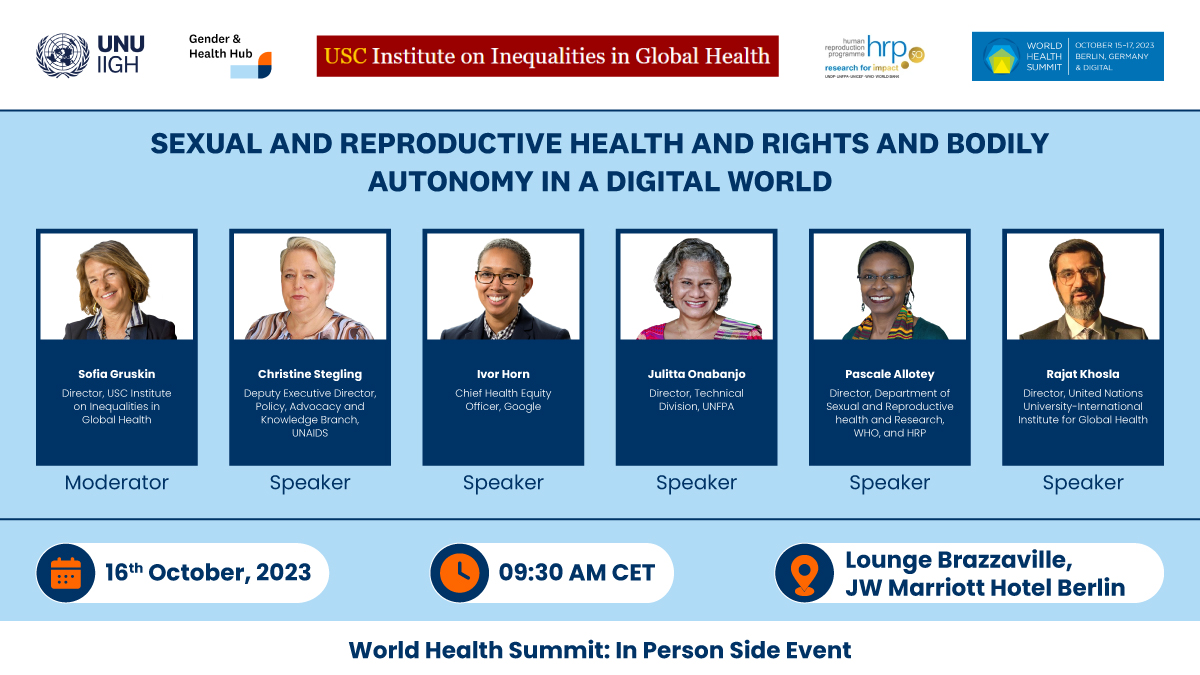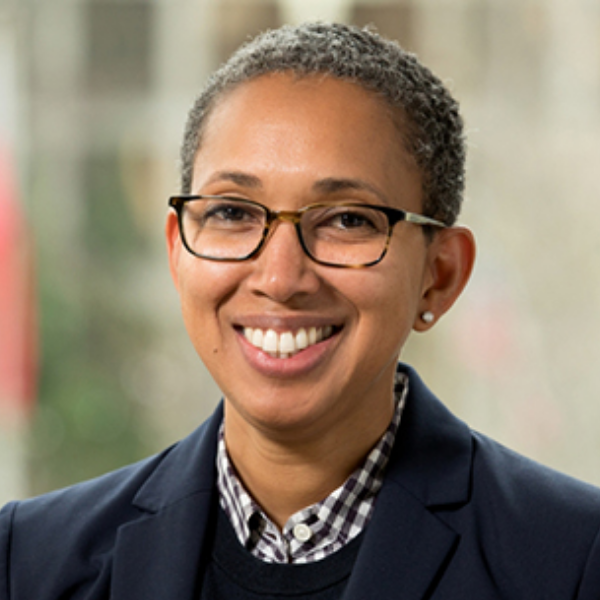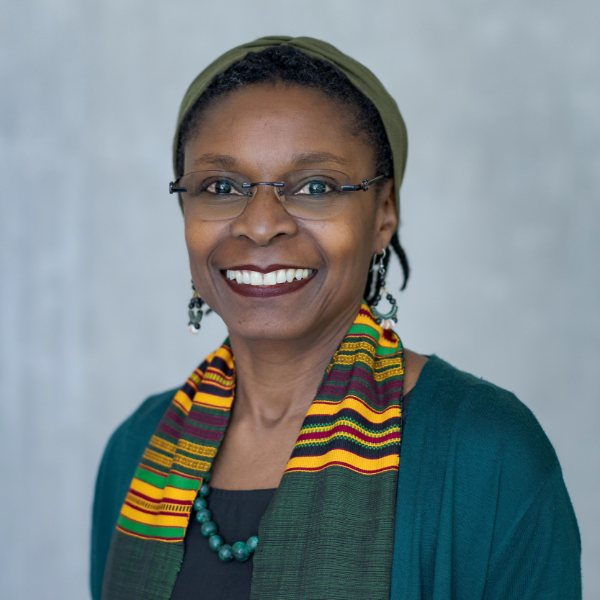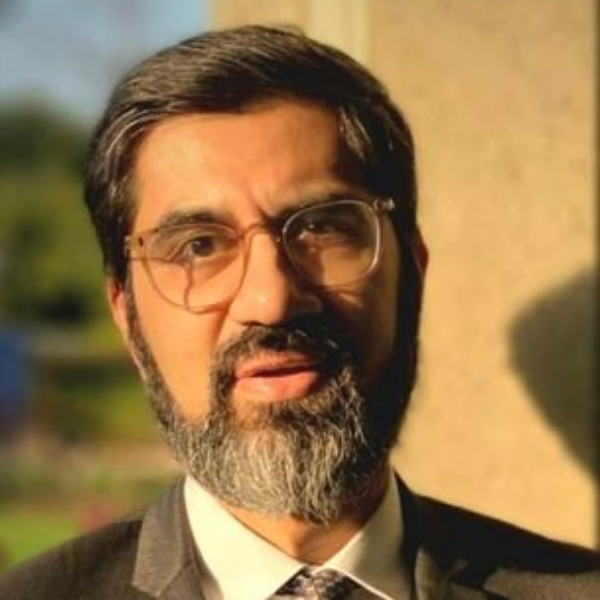- This 90-minute interactive dialogue is co-hosted by the UNU International Institute for Global
Health (UNU-IIGH), University of Southern California Institute on Inequalities in Global Health, and
World Health Organization – Sexual and Reproductive Health and Research/Human Reproduction
Programme (WHO SRH/HRP). - Experts from the private sector, academia, and the UN will reflect on the duality of challenges and
transformative possibilities technology brings in promoting agency, bodily autonomy, and
decision-making among women, girls, and gender-diverse individuals - The discussion will delve into crucial research and policy angles to foster a gender-equal,
intersectional approach via digital interventions to deliver sexual and reproductive health for all - This event took place at the World Health Summit in Berlin, Germany, on 16th October, 2023.
Session description
This session delves into the transformative impact of technology, social media, and digital health interventions on gender health disparities, with a focus on the challenges and opportunities they present. The rise of mobile and ehealth models offers promising avenues for public health interventions, especially in resource-limited settings. However, barriers exist in the form of geographic, economic, and social disparities, particularly affecting gender, disability, and race.
Restrictive policy landscapes exacerbate healthcare access issues, extending into the digital realm, increasing surveillance, and hindering access to crucial services like safe abortion. The session will also touch on the need for improved data governance in the face of growing personal data reservoirs and the risks posed by AI in de-anonymising personal data, which, in turn, threatens gender equality.
This panel aims to explore solutions to these challenges, ensuring the transformative potential of digital technology reaches women, girls, and gender-diverse individuals, supporting their agency, bodily autonomy, and decision-making. Key research and policy dimensions will be discussed to promote a gender-equal and intersectional approach through digital interventions for enhanced sexual and reproductive health outcomes.

Key Guiding Questions
- What are the primary issues that need addressing to unlock the transformative potential of technology for all, especially focusing on young individuals, girls, and gender-diverse people? Additionally, what are the areas where technology and digital health are not being leveraged enough to advance sexual and reproductive health and rights?
- What are promising projects or initiatives being led that emphasize the linkage between technology and sexual and reproductive health and rights?
- How can partnerships across private, public, and international organizations be optimized to foster a digital environment conducive to advancing sexual and reproductive health and rights, considering the diverse nature of
institutions and approaches represented?






Outcomes
The following are key takeaways
- Digital inequities and the gender digital divide continue to be a reality- accessibility, acceptability, and affordability must be addressed.
- Technology is a tool and not the solution—particularly in health, people must be at the center.
- As a tool, technology must be built for everyone, everywhere—bringing health equity content into the DNA of products.
- Human rights standards must be applied to technology and digital platforms, particularly in the domain of SRHR.
- Digital spaces must be safeguarded for continued discussion in times of severe pushback on human rights and bodily autonomy.
- Raise your voice, make a noise – there is an ongoing need for generational education.
Explore more insights
Gender equality and bodily autonomy in a ‘datafied’ world | Context
Data Governance in the Context of Digital Health – Gender & Health Hub (genderhealthhub.org)






